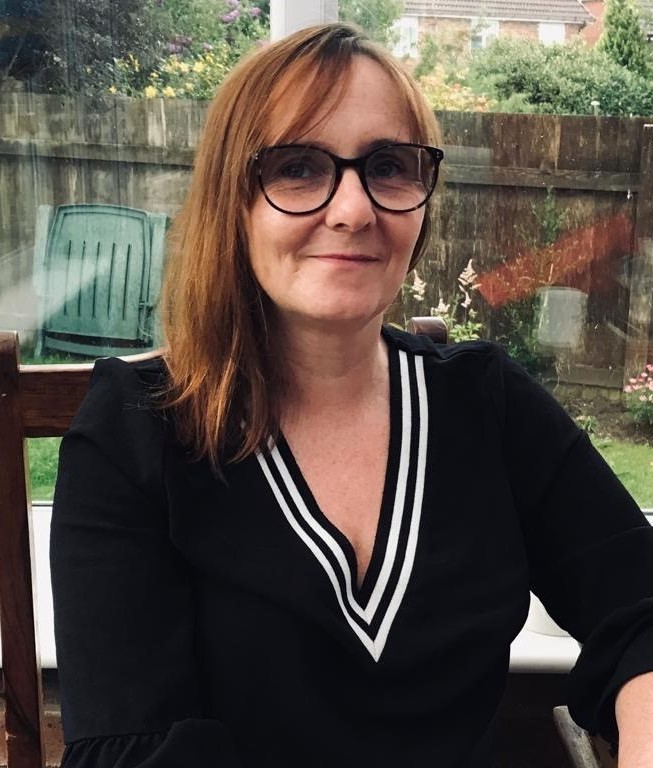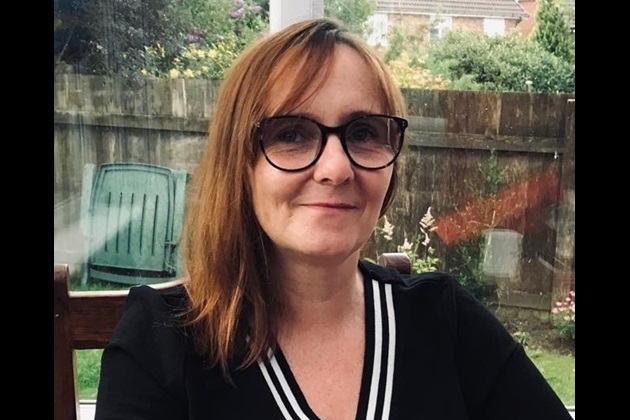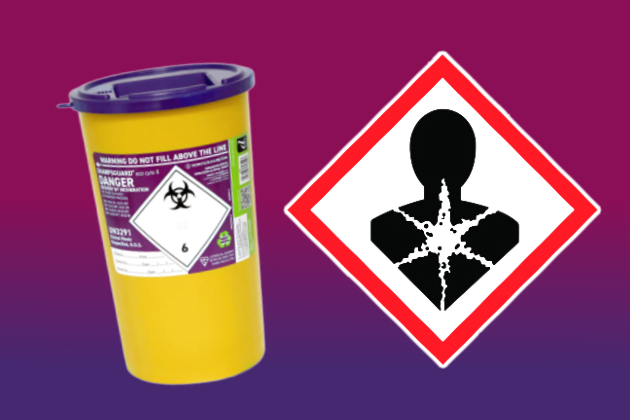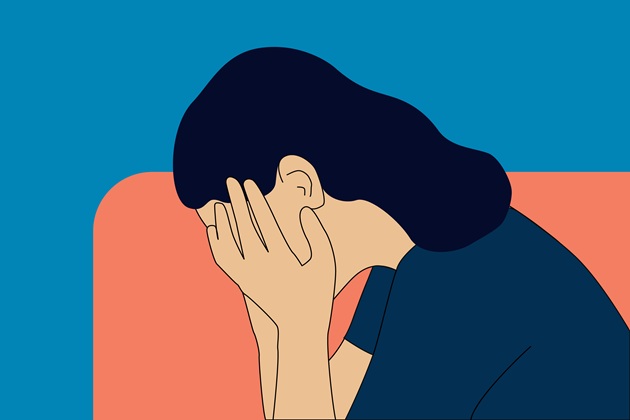Nurse Joanne Mohammed, who is deaf, has been redeployed during the pandemic and is calling for clear masks to be introduced in clinical settings to help nursing staff who rely on lip-reading
My experience of nursing during the pandemic has been different to most of my colleagues. There have been no heroics and no “fighting COVID on the frontline”.
Being profoundly deaf and wearing bilateral hearing aids, it quickly became apparent at the start of the crisis that I wasn’t going to be able to communicate, as masks obliterated any chance of lip-reading on which I rely. After a frank, constructive and compassionate discussion with my line manager, I was redeployed into a non-patient facing role.
Initially, I struggled with a kind of grief, losing my ability to carry out the role I have trained for and worked in for many years. I have extensive experience in respiratory medicine and have missed out on fantastic learning opportunities in relation to the management of coronavirus.
I’ve missed the camaraderie of working on the wards and the support of familiar faces around me to chat to and pick me up when I was feeling down. Most of all I have missed the patient contact, the lack of being able to nurse and care for people; the reason I chose the job I do.

However, I’ve gained a new set of skills and met people I wouldn’t have in ordinary circumstances, as I am working in a newly established team. We check in twice a day and I try to use this as an opportunity for them to voice any issues and concerns. Sometimes however, it’s just an excuse for a chinwag and that’s fine too. Some in the group refer to us as “the misfits”, in recognition of our collective identity as those who’ve moved from their usual workplace for a variety of reasons because of the pandemic. There’s acknowledgement that this time in our lives is hopefully only temporary; eventually things will return to normal and we can resume the roles we have chosen.
As restrictions begin to lift, life for hearing impaired people is going to get more difficult
For me, the thing that stands out is I wouldn’t have been able to carry out any work without my accessible technology. For years I’ve struggled with the telephone, but my new hearing aids allow me to connect via Bluetooth with ease and clarity I never had before. The telephone is now my main method of communication.
Microsoft Teams, which has revolutionised how my organisation works, is amazing in that it allows me to lip-read and again connect via Bluetooth with my aids. It also creates “captions” (or subtitles) in real time which help if I miss anything. In a situation where I am excluded from the workplace by virtue of my disability, accessible technology has kept my foot in the door. It has enabled me to do something useful in the absence of my usual role – a sentiment that has been echoed by other members of the team. The work we are doing has given us some purpose. For staff who have been redeployed, I think that it is important to acknowledge that.
Finally, as restrictions begin to lift and life is gradually returning to some kind of normal, be it a “new normal”, life for the deaf/hearing impaired community is going to get more difficult and restrictive. I watch with growing panic the news that mandatory face coverings are worn more frequently throughout our everyday lives.
All staff and patients have to wear them within our hospitals. How will I hear? What work will I be able to do? While I fully understand the need for PPE, what I fail to understand and what makes me increasingly angry, is that it seems that there has been little attempt to mitigate the effect this blanket implementation will have on deaf/hearing impaired people. There are no alternative masks available freely to facilitate lip-reading and communication.
I need transparent masks to facilitate communication, something other deaf colleagues have been campaigning for
Clear/transparent masks are needed urgently. While exclusion from the workplace is acceptable as an immediate response to the pandemic, it’s not a long-term solution to this issue.
I need to get back into clinical practice and back to the job that I love. In order to do this, I need transparent masks to facilitate communication, something other deaf colleagues have been campaigning for. We need the government, NHS organisations and trade bodies to get behind us on this and come up with a solution. It’s not equitable and it’s not fair that we are in this position. The benefits will not just be for staff but for our patients too.
I would like to ask all of those reading this, to have understanding and patience with people who are deaf/hearing impaired at this difficult time. Try and facilitate communication in any way possible - it will help enormously.
Supporting members
Holly Chadd, Peer Support and Project Information Officer from the RCN's Member Support Services says: “It's great to see Joanne has been redeployed to a role that allows her to use her skills and experience safely, with assistance from a supportive manager. Members who are struggling to have constructive discussions with management about the adjustments they need should contact RCN Direct.
“Joanne has powerfully described how the widespread use of opaque masks is disabling her and other health care professionals and patients who lip-read. Steps must be taken to address the exclusion faced by those who lip-read due to opaque masks.
“The government must consult and learn from affected groups – for the benefit of key workers like Joanne and their patients. Without this we risk losing the skills and expertise of health care professionals like Joanne.”
The RCN has recently signed an open letter written by Deaf professionals which is calling on the government to make transparent masks widely available and to raise awareness about the problems opaque masks can cause.
With support from her local RCN Officer, Joanne who is an RCN learning rep, is working with her employer to try and source transparent masks to trial in her workplace. Joanne’s local RCN branch is also planning to host a virtual branch meeting next month so members can discuss how masks affect their ability to work, and the RCN and employers can learn more about the issues members are facing.
More information
The RCN's Peer Support Service is for all members who have lived experience of disability to give and receive support and help shape RCN guidance. Find out more and join online.








